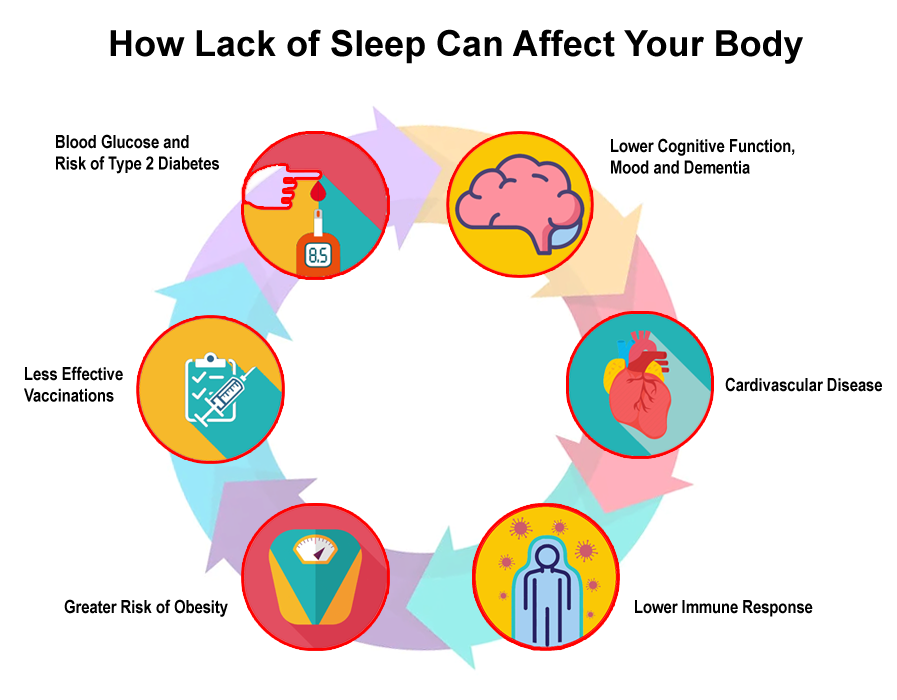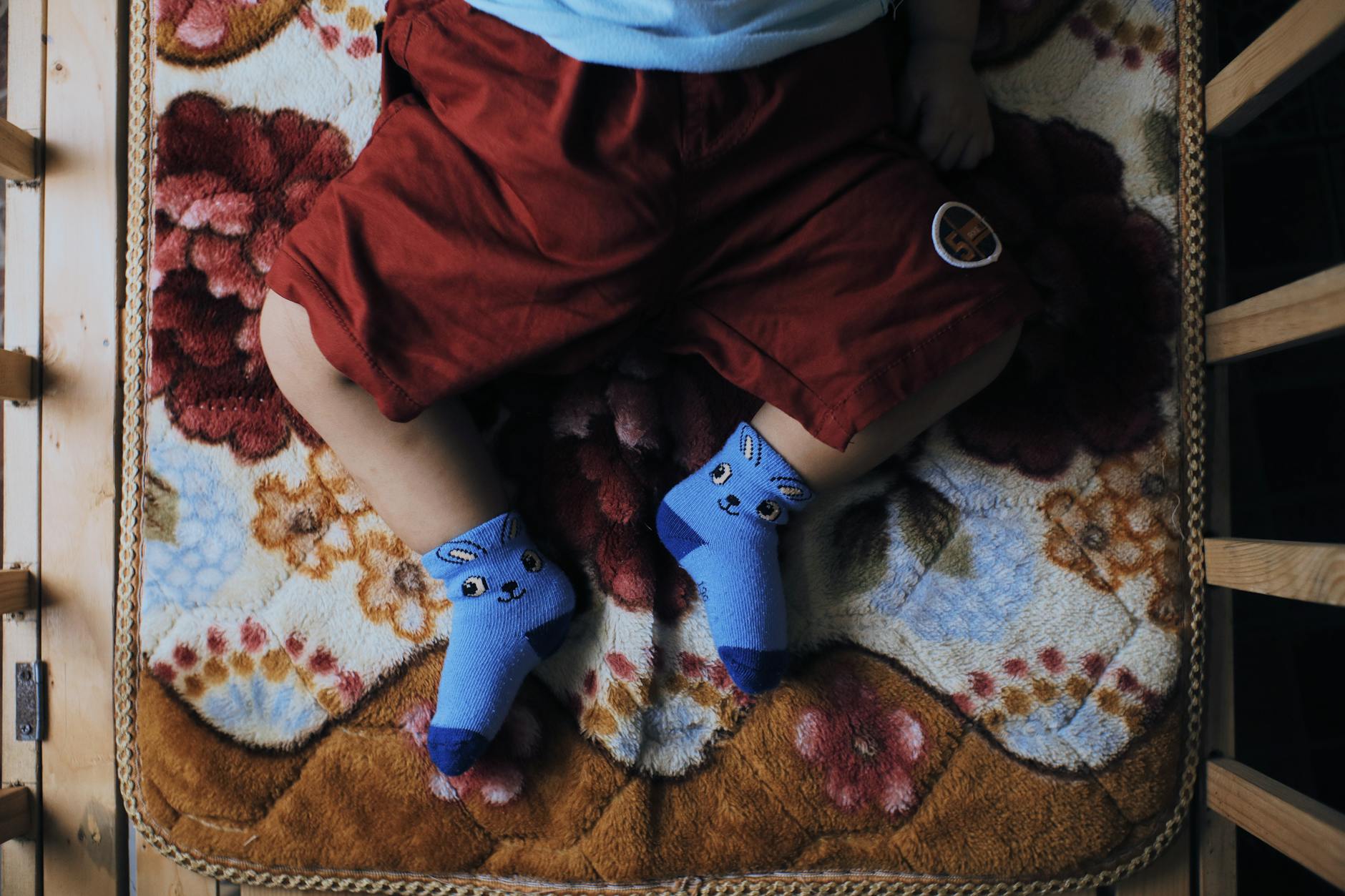Discover the mysterious connection between Restless Leg Syndrome and poor sleep, and how to finally get the rest you need.
Table of Contents
- Introduction to Restless Leg Syndrome
- How RLS Affects Your Sleep
- What Causes Restless Leg Syndrome?
- Magnesium and RLS
- Is There a Link Between RLS and Other Health Issues?
- Dealing with Restless Leg Syndrome
- When to See a Doctor
- FAQs about RLS
- Tips for Better Sleep with RLS
- Conclusion: Understanding RLS and Sleep
Introduction to Restless Leg Syndrome
Have you ever felt like you just can’t keep your legs still before going to bed? Or maybe you get a strong urge to move them around to ease an uncomfortable sensation? What you might be experiencing is known as Restless Leg Syndrome (RLS).
What is RLS?
Restless Leg Syndrome, or RLS for short, is a condition where you feel a strong urge to move your legs, especially when you’re trying to relax or sleep. People with RLS often describe sensations like tingling, crawling, or itching in their legs that make it hard to settle down for the night.
How RLS Affects Your Sleep
When you have Restless Leg Syndrome, it can be hard to fall asleep. Have you ever felt like you just can’t sit still at night? People with RLS feel like they need to move their legs because they have uncomfortable sensations that make it difficult to relax and doze off.
Waking Up at Night
Imagine you’re having a really nice dream when suddenly you wake up because your legs feel strange. That’s what can happen when you have Restless Leg Syndrome. These uncomfortable feelings can interrupt your sleep, causing you to wake up multiple times during the night. This can lead to a restless night and feeling tired the next day.
What Causes Restless Leg Syndrome?
In order to understand why some people experience Restless Leg Syndrome (RLS), it’s important to look at some common triggers that can make these symptoms worse. When it comes to RLS, a few factors can play a role in causing those uncomfortable sensations in your legs.

Image courtesy of via Google Images
Common Triggers
One possible cause of RLS is when you’re feeling tired. When your body is exhausted, whether from not getting enough sleep or even chronic fatigue syndrome, it can trigger those restless feelings in your legs when you’re trying to relax at night. Another factor that can contribute to RLS is sitting for long periods without moving around. This lack of movement can make your legs feel twitchy and uncomfortable, leading to the urge to constantly shift positions.
Magnesium and RLS
One mineral that might help with Restless Leg Syndrome is magnesium. Magnesium is a special element that our bodies need to stay healthy. It plays an important role in keeping our muscles strong and our nerves working properly. So, how exactly can magnesium benefit those with RLS?
Why Magnesium?
People with RLS might not be getting enough magnesium in their bodies. When there is a lack of magnesium, muscles can become more irritable and twitchy, which can lead to those uncomfortable sensations in the legs that make it hard to sleep. By making sure to include magnesium-rich foods in their diet or even taking magnesium supplements, some people with RLS have found their symptoms improving.
Is There a Link Between RLS and Other Health Issues?
Restless Leg Syndrome (RLS) isn’t just a standalone condition that affects sleep; it may also be connected to other health problems. Let’s explore some potential links between RLS and issues like sleep apnea, clinical depression, panic attacks, and chronic fatigue syndrome.

Image courtesy of via Google Images
RLS and Sleep Apnea
Imagine feeling the urge to move your legs constantly while you’re trying to sleep, but also struggling to breathe smoothly. For some people with RLS, this is a reality. Sleep apnea, which causes breathing interruptions during sleep, can coexist with RLS, making it even harder for someone to get the restful sleep they need.
RLS, Mood, and Anxiety
When you’re exhausted from not being able to sleep properly due to RLS, it can affect your mood and anxiety levels. Feeling tired and irritable during the day because of disrupted sleep can make it harder to feel good emotionally. It’s like a chain reaction – not sleeping well because of RLS can impact how you feel during the day.
Dealing with Restless Leg Syndrome
Dealing with Restless Leg Syndrome (RLS) can be frustrating, especially when it gets in the way of a good night’s sleep. If you’re struggling with RLS, here are a few tips to help you reduce your symptoms and improve your restfulness at bedtime.
| Reason | Explanation |
|---|---|
| Iron deficiency | Low levels of iron can exacerbate symptoms of Restless Legs Syndrome, leading to discomfort and disrupted sleep. |
| Genetics | RLS can run in families, suggesting a genetic component that can predispose individuals to this condition, affecting their sleep patterns. |
| Brain chemistry | Imbalances in certain neurotransmitters, such as dopamine, can contribute to the development of RLS, which can impact the quality of sleep. |
| Medications | Certain medications, such as antidepressants or antipsychotics, can trigger or worsen symptoms of RLS, leading to disturbances in sleep. |
| Pregnancy | RLS is more common in pregnant women, likely due to hormonal changes, increased blood volume, and iron deficiency, which can significantly disrupt sleep during this period. |
Home Remedies
One way to ease the discomfort of RLS is by incorporating simple home remedies into your bedtime routine. Here are a few suggestions:
1. Stretching: Gentle leg stretches before bed can help relax your muscles and alleviate RLS symptoms.
2. Warm Bath: Soaking in a warm bath before bedtime can relax your body and make it easier to fall asleep peacefully.
3. Massage: Massaging your legs or asking a family member for a gentle leg massage can help relieve the sensation of RLS.
4. Cooling Pads: Placing a cool pack on your legs may help reduce inflammation and discomfort associated with RLS.
By incorporating these simple home remedies into your nightly routine, you may find relief from the symptoms of RLS and enjoy a more restful night’s sleep.
When to See a Doctor
If you or someone you know is experiencing symptoms of restless leg syndrome that are affecting sleep and daily life, it may be time to see a doctor. Doctors are medical professionals who can provide advice and treatments to help manage restless leg syndrome.

Image courtesy of via Google Images
A doctor can help by asking questions about your symptoms, performing a physical exam, and possibly ordering tests to confirm the diagnosis. They may also suggest lifestyle changes, medications, or other therapies to help alleviate the symptoms of restless leg syndrome.
It’s important to remember that doctors are there to help you feel better and improve your quality of life. Don’t be afraid to talk to a trusted adult about your symptoms and ask for help in seeking medical advice.
FAQs about RLS
Restless Leg Syndrome, often referred to as RLS, is a condition that makes your legs feel uncomfortable, itchy, or like they need to move. While it mainly affects the legs, some people might experience these sensations in their arms too. So, when you feel funny sensations in your legs, it’s because of RLS, and it’s just how this condition shows up in your body.
Does RLS mean I’m not healthy?
Having Restless Leg Syndrome doesn’t mean you’re not healthy. In fact, many people who have RLS are otherwise perfectly healthy! RLS is just a condition that some people have, and with the right tips and help, you can manage it well and still live a healthy and active life.
Tips for Better Sleep with RLS
Having a cozy and inviting bedroom can make a big difference when you have Restless Leg Syndrome. Try keeping your room cool, dark, and quiet. You could use soft blankets or fluffy pillows to make your bed feel extra comfy and inviting.

Image courtesy of via Google Images
Relaxing Before Bed
Creating a calming routine before bedtime can help soothe your restless legs and prepare your body for sleep. You could try reading a book, taking a warm bath, or practicing deep breathing exercises. These peaceful activities can signal to your body that it’s time to wind down and get ready for a restful night’s sleep.
Conclusion: Understanding RLS and Sleep
Restless Leg Syndrome, or RLS, can make it challenging to get the restful sleep that our bodies need to recharge. By understanding how RLS affects our sleep and what we can do to manage it, we can work towards improving our sleep quality.
Connecting RLS and Sleep Apnea
It’s important to recognize that RLS can be linked to other health issues, such as sleep apnea. This means that if you have RLS, you might also experience difficulties with breathing while you sleep. Understanding these connections can help us address the root causes of our sleep troubles.
Managing Chronic Fatigue Syndrome
Chronic fatigue syndrome, often associated with RLS, can be challenging to deal with. By taking steps to manage our RLS symptoms and improve our sleep hygiene, we can reduce the impact of chronic fatigue on our daily lives.
Remember, it’s essential to listen to our bodies and seek help when needed. Whether through home remedies or medical advice, there are ways to alleviate the discomfort of RLS and achieve better sleep.
With the right strategies in place, we can overcome the hurdles of RLS and enjoy a good night’s sleep. By creating a cozy sleep environment, establishing relaxing bedtime routines, and seeking support when necessary, we can empower ourselves to manage RLS and prioritize our well-being.




